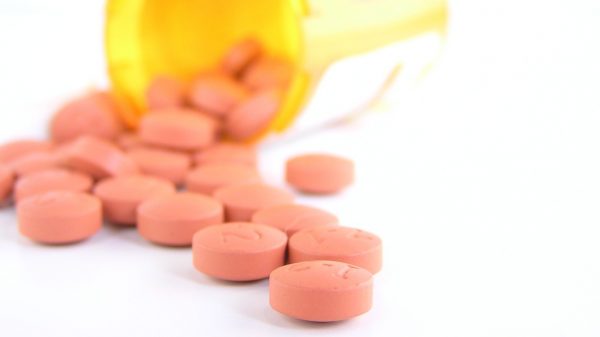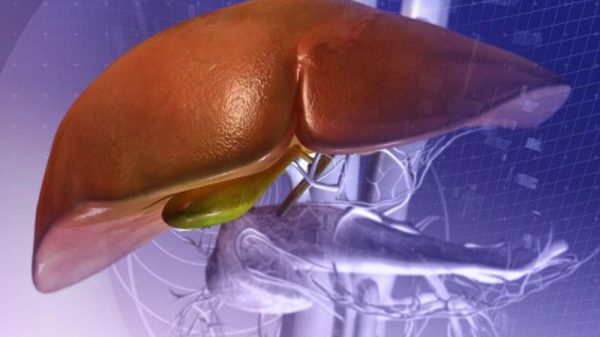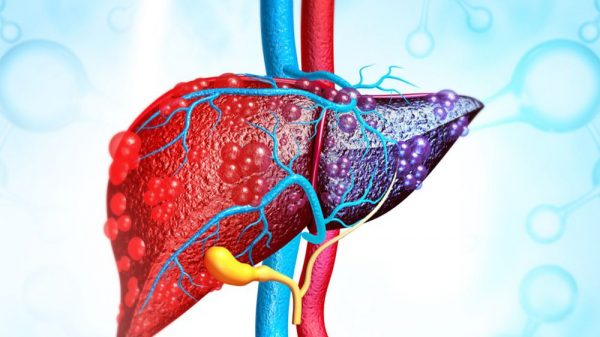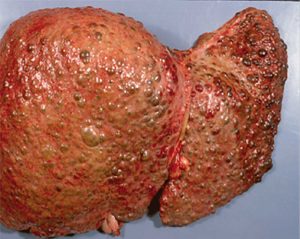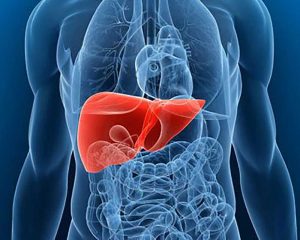Do you have fluid buildup in the abdomen? This can be caused by various health conditions and one of the main ones is ascites. Statistics show that about 60% of all late-stage liver disease known as cirrhosis have ascites. It’s normal for there to be some fluid in the abdomen.
However, conditions like live scarring cause fluid buildup in the area, which can result in health complications. This can result in various problems when the fluid increases and the situation becomes worse. The procedure is quite basic and is often performed in a doctor’s office. Meanwhile, it can help to provide relief when you have too much abdominal fluid.
Ascites is the main condition that’s treated with this condition. There are various health conditions that can cause these conditions but the main one is liver disease. There are various symptoms that are caused by a late-stage liver disease known as cirrhosis.
When the body can’t get rid of certain wastes it causes a buildup in the body, which can involve fluid buildup in the abdomen. As always it’s important to learn what’s causing the extra-abdominal fluid. Treating the real cause of the symptoms can help to deal with it effectively and other related symptoms.
What Exactly Is Ascites?
This is one of the main health conditions that require fluid drainage from the abdomen. This involves fluid buildup in the patient’s abdomen. It happens in the area that makes up the sac that contains organs.
It’s quite normal to have a small amount of fluid in this area. However, it’s a different story when there’s a large amount of fluid buildup in the sac. When that happens it can cause health problems you’ll certainly want to avoid.
It’s important to know the common ascites symptoms to watch out for. They include:
- Breathless
- Nausea
- Constipation
- Fatigue
- Appetite loss
You might also experience discomfort in other organs due to fluid retention. In some cases, it even causes problems doing basic movements like sitting.
Several diseases can trigger ascites. The main causes include liver cirrhosis, heart failure, and cancer. Other possible causes include kidney disease, tuberculosis, and under-active thyroid. If you have any of these conditions then you’re more likely to experience ascites. Make sure to contact your doctor if you start experiencing the symptoms.
If you have cancer in these body parts then you’re more likely to experience ascites:
- Bowel
- Breast
- Liver
- Ovaries
- Pancreas
- Stomach
- Lung
If you have liver cirrhosis you can take various steps to deal with the fluid buildup. Water tablets are one of the main ones since they can help you get rid of extra fluid through urination. The problem is sometimes ascites is resistant to these “diuretics.”
Paracentesis is one of the treatments used when water tablets don’t work. This involves using a long needle to remove some/all of the abdominal fluid.
There are other possible treatments including chemotherapy. This can help to control/shrink the cancer cells. This can involve a tube that’s added to the abdomen. More research is needed to find out if this is an effective treatment for fluid buildup.
What Is Paracentesis All about?
Paracentesis is a medical procedure involves fluid buildup from the stomach. There are various reasons why this procedure is done. However, it’s usually to treat the health condition known as fluid buildup known as ascites.
There are other reasons why paracentesis is performed. They include diagnosis, testing, damage evaluation, and pain relief from factors like cancer.
This procedure is quite simple. It involves inserting a big needle in the patient’s affected region. The goal is to extract some/all fluid. The procedure can be done in emergency rooms when necessary. However, it’s usually performed in a d doctor’s office.
A doctor might also order tests for the fluid. This would be done to help determine the cause of the fluid. Sometimes this isn’t required when the doctor knows the cause of the condition.
The process involves the patient receiving an antiseptic and anesthetic. The needle is inserted to remove the fluid. It’s then drained into a container like a bottle. Usually, there’s little or no pain involved in the procedure.
When a patient undergoes paracentesis they must also have their blood pressure monitored. The reason is if it drops quickly during the procedure it could be the sign of a complication.
One of the main reasons for fluid buildup in the abdomen is a bacterial infection. Another common cause is various kinds of cancer. This is why it’s important for tests to be run to help determine the actual cause of the fluid buildup.
It’s also important to remove the fluid ASAP. The reason is if it’s not treated it can result in health complications. That can make the situation worse when you’re already dealing with conditions like ascites.
Sometimes there are situations that affect being able to do this procedure. That’s related to drugs like blood thinners before the operation. This can cause a delay. The procedure might be tweaked for a pregnant patient.
Tips for Controlling Ascites
Medicines
Make sure to avoid certain medicines including aspirin, Advil, and NSAIDs. The reason is that these drugs affect the patient’s kidneys, which causes the body to retain water/salt. Make sure to talk to your doctor about whether or not you should avoid these medicines.
Alcohol
Make sure to limit or even ditch alcohol. If you have an alcoholic-related liver disease then you should definitely consider quitting alcoholic beverages cold turkey. Taking this step can help to lower your ascites risk. If you’re going to drink alcohol make sure to limit it to one glass of wine per day, for example.
Exercise
It’s a good idea to do regular exercise. This can provide several health benefits. They include reducing your risk of ascites. This process will literally get the “juices” flowing in your flowing. That, in turn, can help to reduce abdominal fluid.
Weight
If you’re overweight or obese it’s important to lose weight to experience various health benefits. One of the main ones is to reduce your risk of ascites. Make sure to consult your doctor about the ideal weight based on factors like your gender, age, and height.
Make sure to weigh yourself every day. If you gain 10+ pounds or 2+ lbs./day for 3 days in a row. This could be a sign that your condition is getting worse. Keep in mind that weight gain isn’t always related to ascites. However, if you experience fast weight gain it’s a sign that there could be a problem.
Sodium
It’s important to reduce your salt intake. The reason is sodium causes the body to retain fluids/water. Make sure to talk to your doctor about whether or not you should go on a low-sodium diet.
How much sodium should you consume? Try to limit your intake to under 1500mg per day to help avoid the need for paracentesis.
